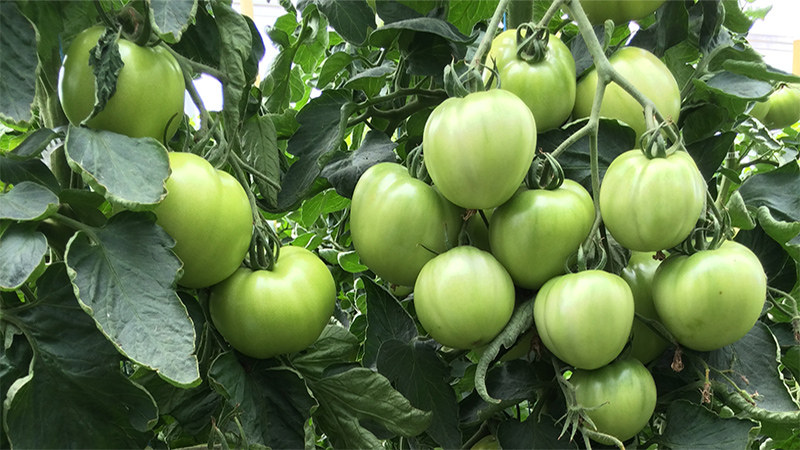Syngenta, VSO Triple Net Income of Thousands of Smallholder Farmers in Bangladesh
Syngenta, one of the world’s leading agriculture companies, and VSO, a leading international development NGO, published today the results of their community development program “Growing Together”. The report highlights notable results achieved from 2014-2016 that have changed farmers’ behaviour and their economic conditions:
- Mithapukur famers now cropping a mix of rice, potato and vegetable recorded an average increase in net income of 50% from 2015 (average US$912 2016 versus US$613 2015) and a tripling of net income for versus the 2014 baseline (US$278).
- Farmers’ yields have increased by 80% in vegetables and 50% in potato.
- Establishment of six Farmer Centers enabled better market access and higher crop prices for 65% of project farmers.
- A 50% drop in pesticide use on rice and a 60% reduction in chemical fertilizer use across all crops since the start of the program due to comprehensive trainings.
- 60% reduction in the cost of borrowing for farmers helping to facilitate more entrepreneurial investments. This is a result from a strategic partnership with Bank Asia, a leading Bangladeshi bank.
Established in 2014, Growing Together aims to sustainably improve the livelihoods of smallholder farmers in Bangladesh and to contribute to thriving rural communities by combining Syngenta’s agricultural expertise and technology with VSO’s international development expertise.
The program places Syngenta corporate employees from across the world into the heart of poor rural Bangladeshi communities, offers smallholder farmers modern agricultural techniques, financial services such as savings accounts and loans alongside access to national and international markets.
To date, the program has also established 230 farmer groups where smallholder farmers and landless labourers meet monthly to discuss the social and agricultural issues, and input some of their profits into saving accounts, which to date have accrued over US$180,000. These farmer groups have also made progress on shared social issues in areas such as child marriage, water and sanitation and access to education.
Halima Begum, secretary of one of the farmer’s groups, of which at least 30 percent are female participants said, “It was very difficult for me to manage a family of six with the little amount my husband makes as an ultra-poor farmer. We could not afford two meals a day, but now we can eat three meals.”
Philip Goodwin, CEO of VSO explained: “There is lots of talk about companies contributing to tackling poverty and inequality, whether in their own communities or through supporting the UN’s Sustainable Development Goals. But discernible action at such scale and in such a short space of time is something else. We’ve been blown away at how Syngenta have approached this work, and the results truly do speak for themselves. It’s time more companies stepped up as Syngenta have, and VSO is ready and waiting to walk this journey with them every step of the way.”
Juan Gonzalez Valero, Head Public Policy and Sustainability at Syngenta explained, “While thousands of smallholder farmers and their families are benefiting from the Growing Together program, we at Syngenta have gained also. The insights that our volunteers are feeding back have influenced our view of and engagement with marginal smallholder markets. Two billion people depend on these family farms for their food security in the developing world, and it’s in our and everyone’s interests to see this market thrive and grow.”
The report published today (9th June 2017) suggest that through the adoption of a social franchise model in collaboration with further partners, the number of Farmers Centers could scale up reaching 100,000 farming households in Bangladesh, improving the livelihoods of more than 2 million people, and providing a platform for other initiatives in health, nutrition, education and economic investment.
Growing Together has proved to be a successful development model and the program now aims to scale the approach within and outside Bangladesh with the help of further partners. The Growing Together in Bangladesh report, video news release, photography and volunteer and beneficiary case studies available to download from here.






